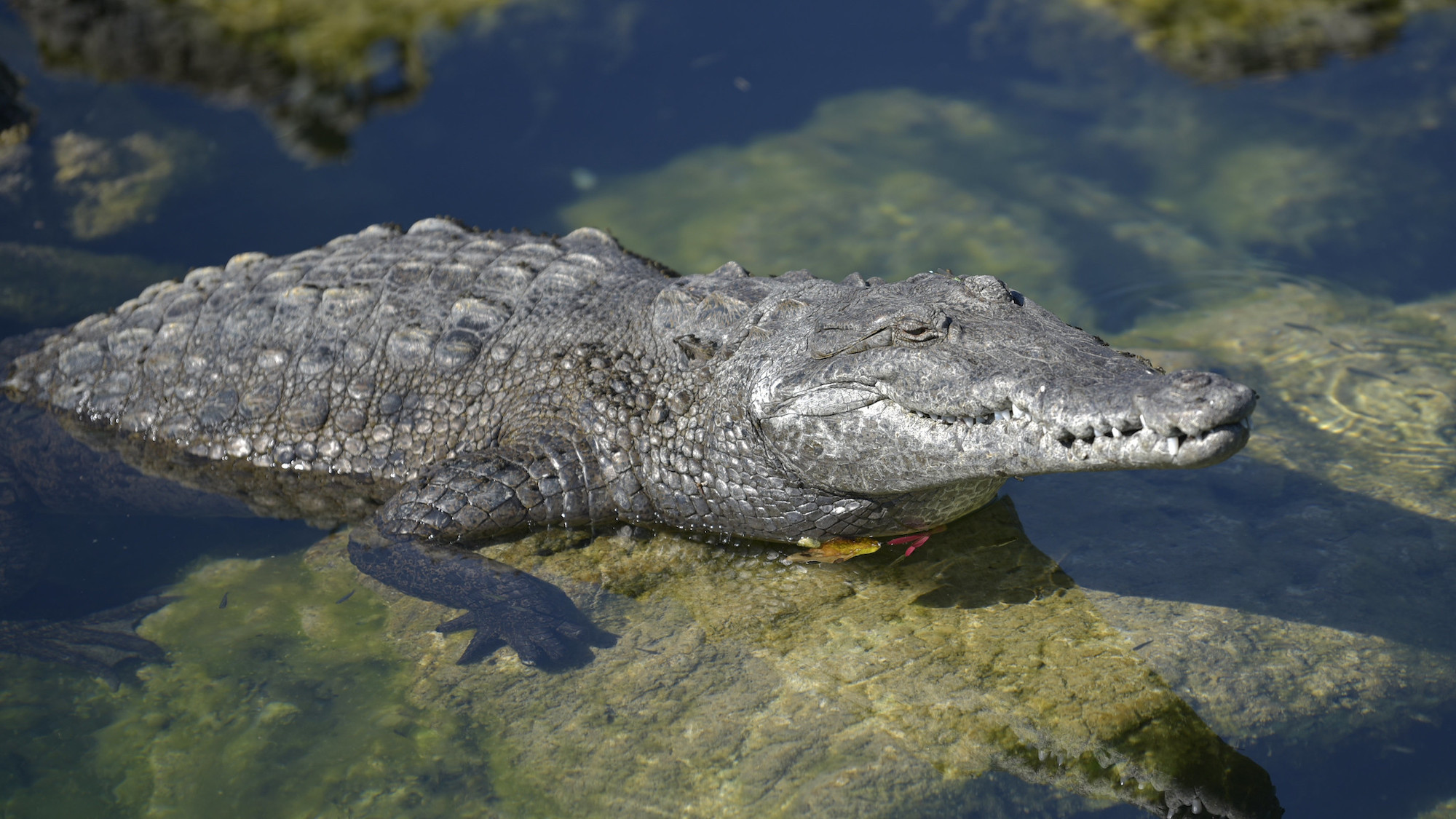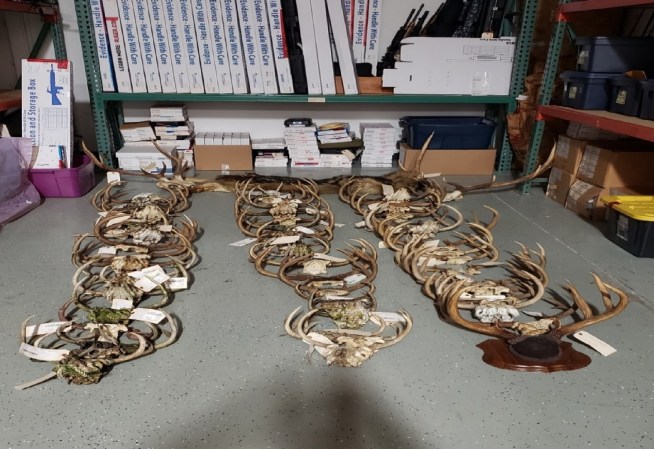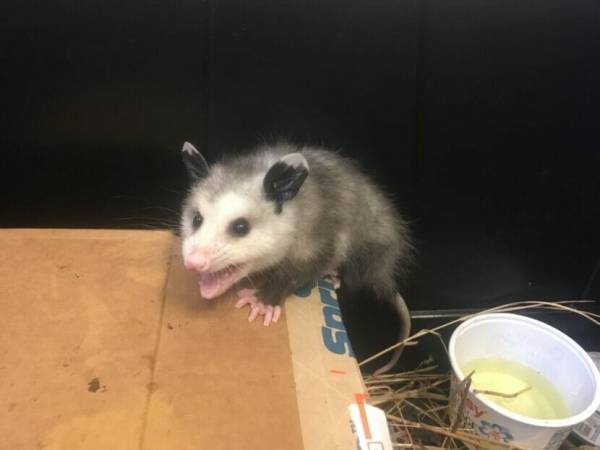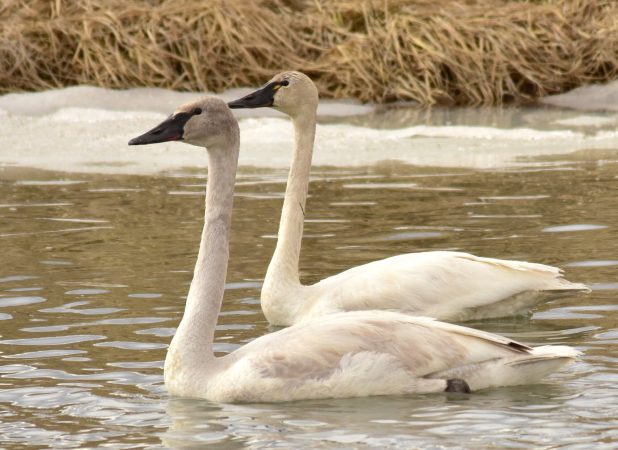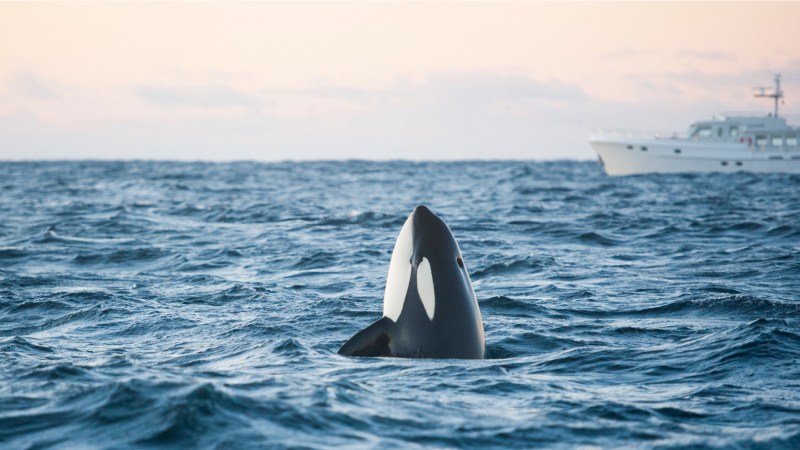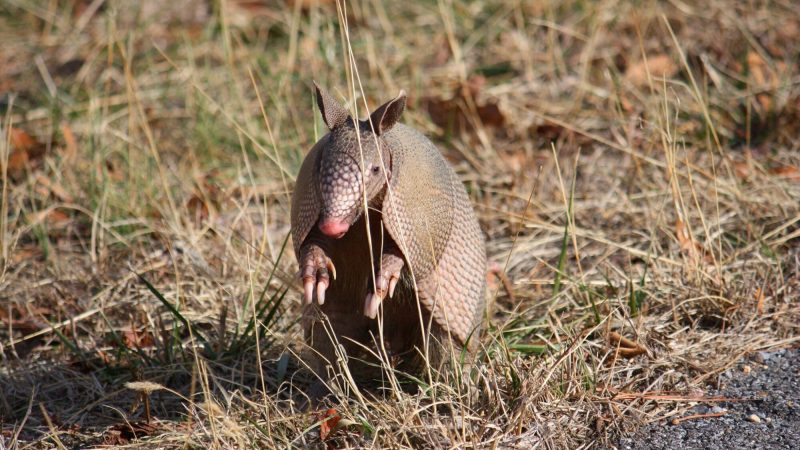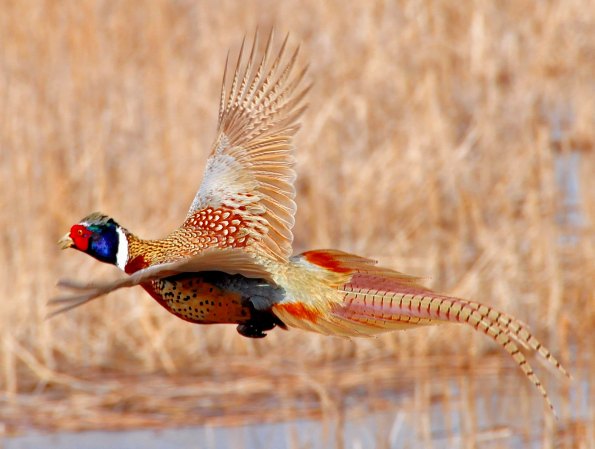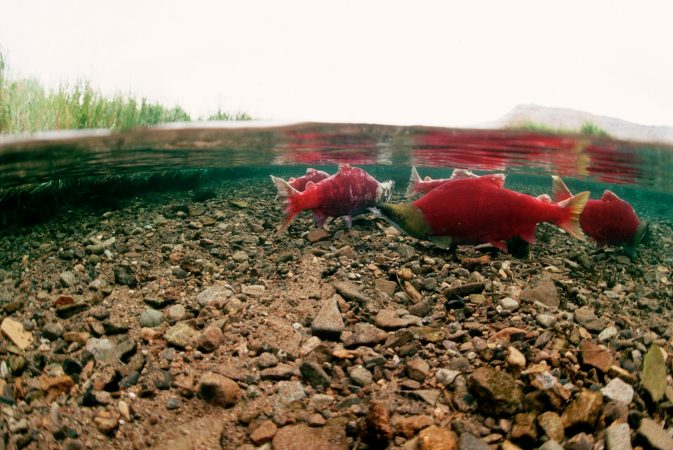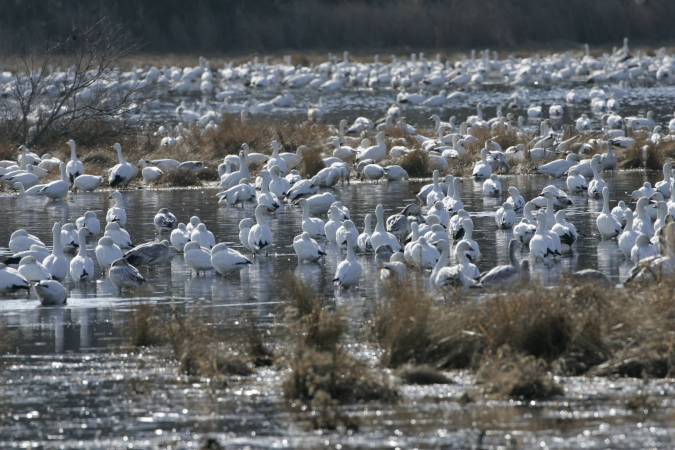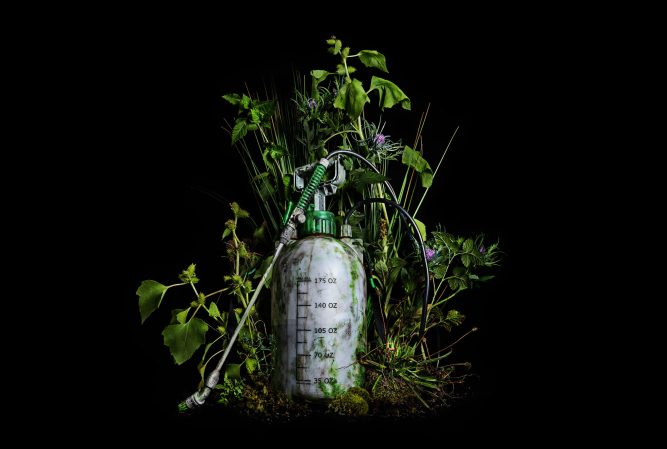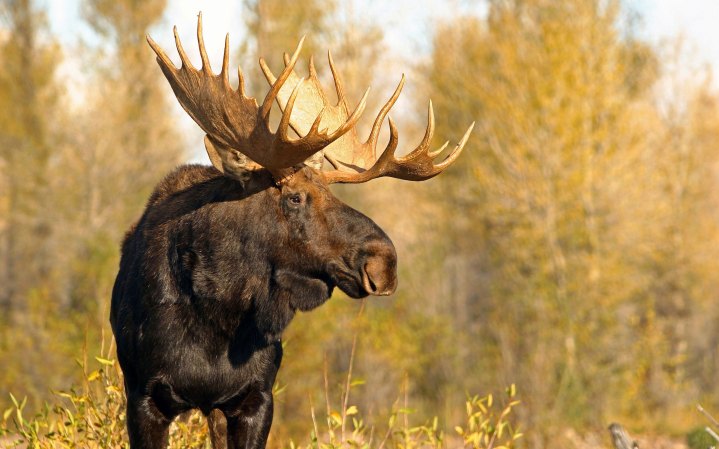An American crocodile living alone in captivity had a “virgin birth” in a Costa Rican wildlife park. Scientists are now saying it’s the first time this strange type of asexual reproduction has been documented in crocodiles, according to LiveScience. The first-of-its kind event is detailed in a study that was published Wednesday in Biology Letters.
According to the study, the female crocodile was captured in 2002, when it was two years old, and brought to a public exhibit at Parque Reptilandia in Costa Rica. The captive female was then isolated from all other crocodiles for the next 16 years … which is why park employees were so surprised when, in 2018, the 18-year-old crocodile laid a clutch of 14 eggs in its enclosure.
Read Next: Angler Catches Pending World-Record Catfish
“Of the 14 eggs laid, seven appeared to be fertile and were artificially incubated,” the study’s authors write. And although none of the eggs hatched after three months of incubation, one of them contained “a fully formed non-viable fetus” that was determined to be a female with the same genetics as its mother.
“While it is disappointing that the crocodile [fetus] produced here failed to hatch it is not uncommon,” the authors added, pointing to other examples of virgin births throughout history.
What Is a “Virgin Birth” and How Often Do They Occur?
Known as “facultative parthenogenesis” in scientific terms, a virgin birth is when a sexually reproducing female gives birth without having her eggs fertilized by a male. This phenomenon was long considered a miracle of sorts, but in recent decades, scientists have advanced their understanding as they’ve documented a long list of virgin births in several different species.
“Once considered rare, the ability of sexually reproducing species to generate offspring without genetic contributions of males has been documented across multiple vertebrate lineages, including both avian and non-avian reptiles (specifically snakes and lizards),” the study authors write.
Read Next: Killer Whales Are Teaching Each Other to Sink Boats
Over the last century, virgin births have been recorded in pigeons, chickens, quail, turkeys, and other birds. They’ve also been seen in several reptilian species, including Komodo dragons and rattlesnakes, as well as in sharks, rays, and other fish. The authors note the phenomenon is thought to be more common in species that are either on the verge of extinction or kept in captivity. And the more recent example of the two virgin-born California condors that were discovered at the San Diego Zoo would support this hypothesis.
The one thing that all these species have in common with crocodiles, according to the study, is their ancestral lineage. In evolutionary terms, every one of them descended from dinosaurs. This could imply that the “virgin birth” ability was passed down from these now-extinct species.

